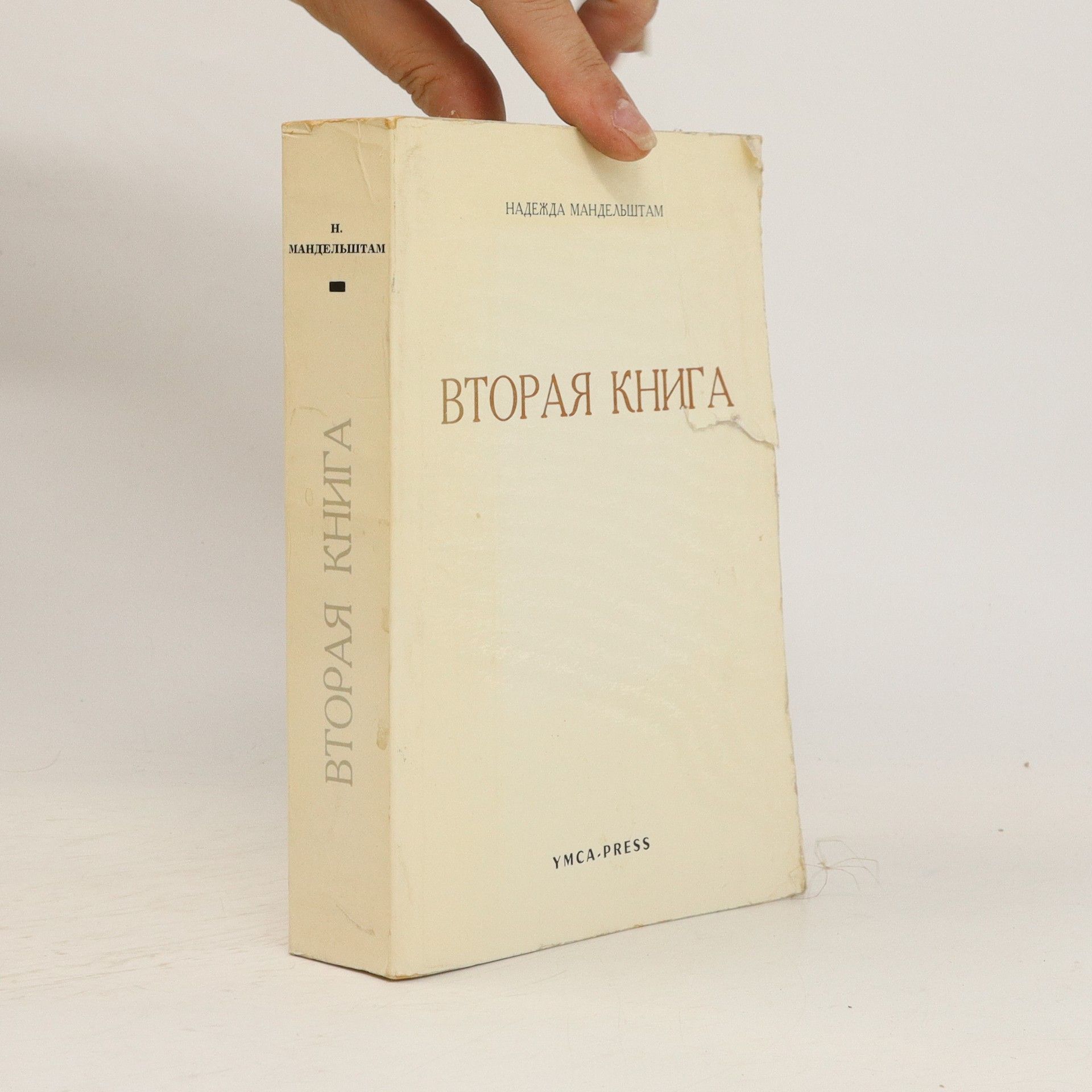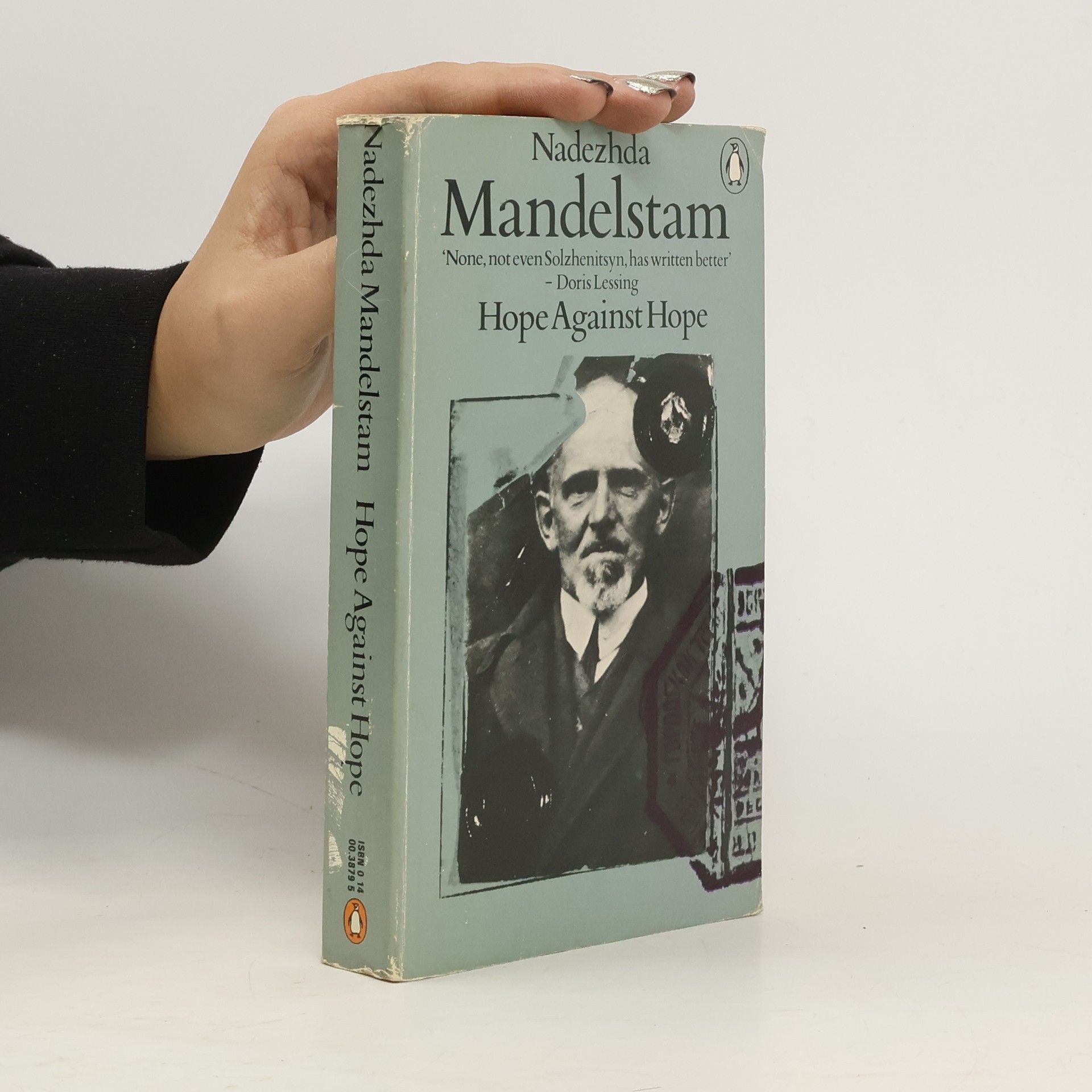First published by Collins and Harvill Press in 1971.
Nadežda Jakovlevna Mandel štam Libros
18 de octubre de 1899 – 29 de diciembre de 1980






Hope Against Hope recounted the last four years in the life of the great Russian poet, Osip Mandelstam, and gave a hair-raising account of Stalin's terror. Hope Abandoned complements that earlier masterpiece, and in it Nadezhda Mandelstam describes their life together from 1919, and her own after Mandelstam's death in a labour camp in 1938. She also sets out his system of values and beliefs, and provides striking portraits of many of their contemporaries including Boris Pasternak and their champion till his own downfall, Nikolai Bukharin, as well as an astonishingly candid picture of Anna Akhmatova.